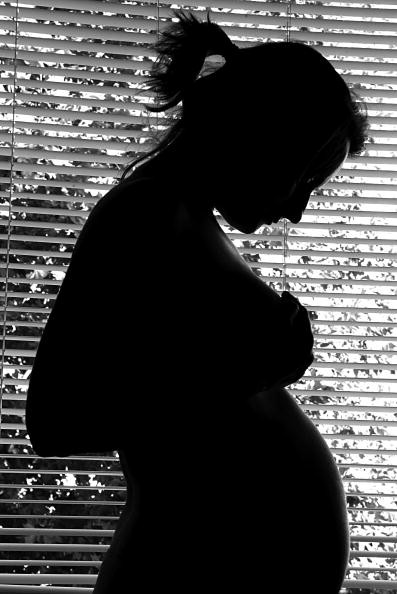
Ten British women will go through a womb transplant operation after a a go signal from the Imperial College of London.
Taking the lead is Dr Richard Smith, who works as Queen Charlotte's and Chelsea Hospital in Du Cane Road as its gynecologist consultant. He has been into this project for almost two decades, so he was happy to have finally given the go-ahead for the clinical trial.
In the UK, hundreds of women are born without a womb. Others have to lose it due to sickness such as ovarian, cervical, or uterine cancers. For these women, to have a child means to either adopt the baby or choose surrogacy.
These ten women will be carefully selected. Some of the most important criteria include age, in which they should not be more than 38 years old since the older the woman is, the more difficult pregnancy can be. Women should also be in good health and normal weight. It's also necessary that they have a life partner. So far, over 300 women have already expressed interest, and at least 100 of them have met the requirements.
Before the operation, the sex cells of the couple would have to be cultured in the lab until they form into an embryo. The embryo then will be frozen before it is introduced into the woman's new womb. The new womb, meanwhile, will be obtained from brain-dead donors whose hearts should still be beating. The transplant may take around 6 hours.
After the transplantation, the women will then be provided with immune-suppressing drugs to avoid organ rejection for the next 12 months. Their health status, especially their body's reaction to the medications, will be carefully tracked. After a year, the frozen embryos will be implanted.
Those who will get pregnant and carry their babies to full term should undergo Caesarian to minimize effects on the womb. Six months after giving birth, the mothers will then be provided with two choices: either to have another baby or to have the womb removed. The latter is necessary to avoid dependence on immune-suppressing drugs.



